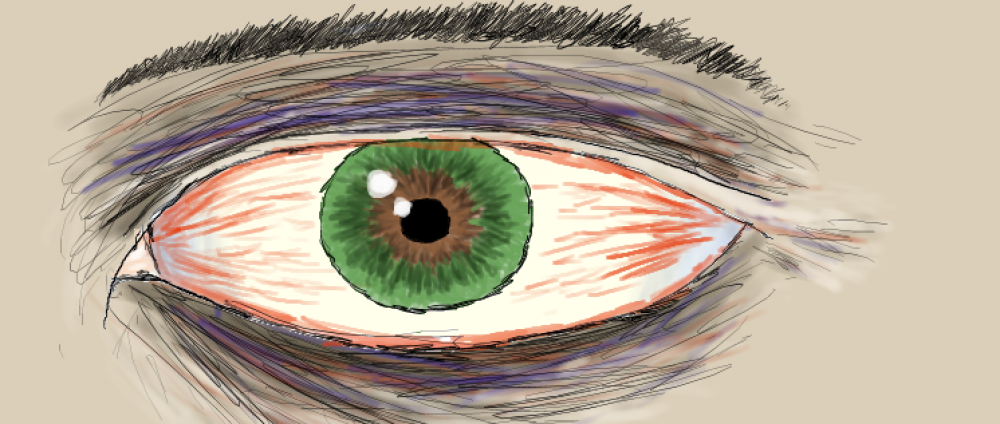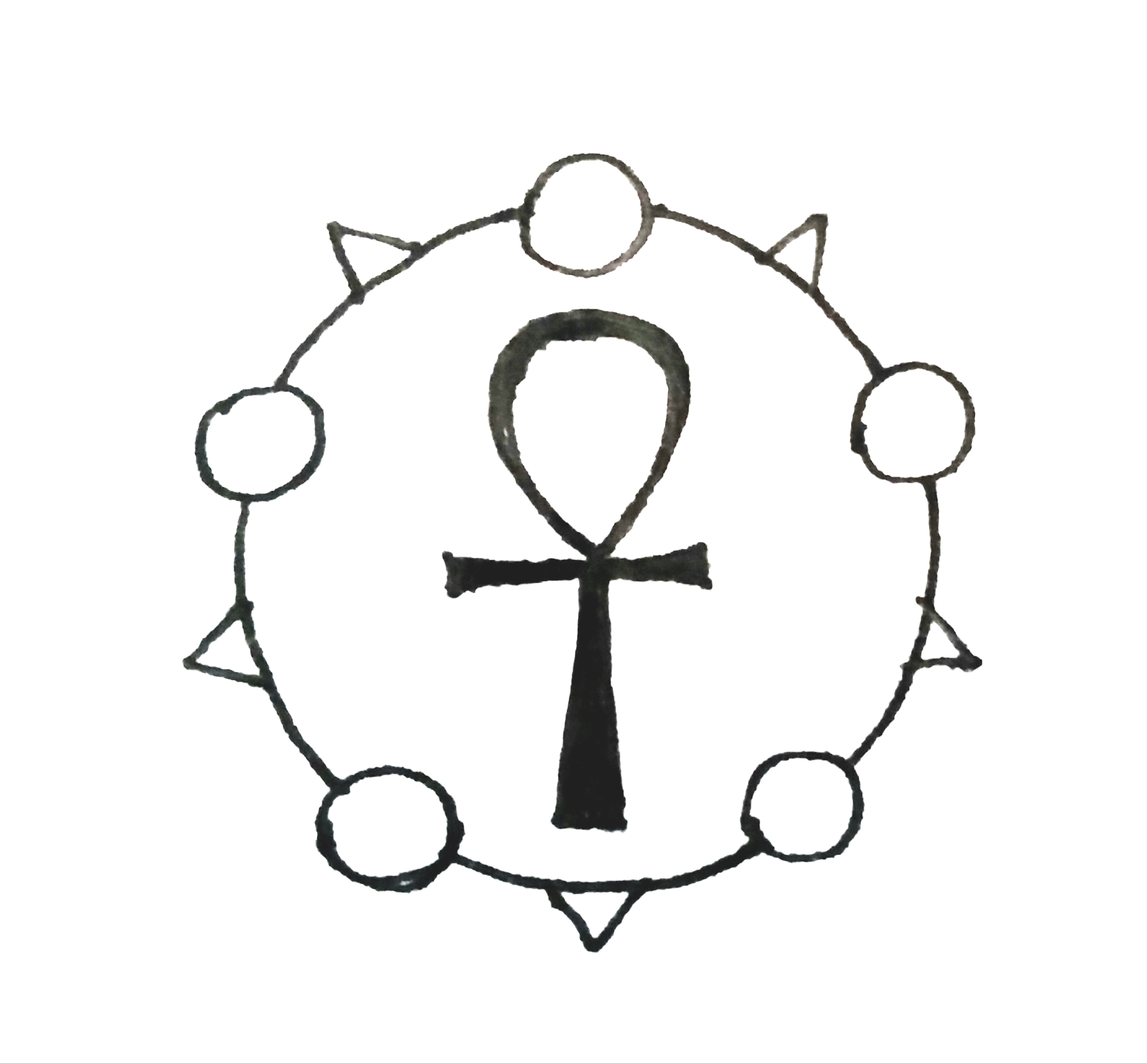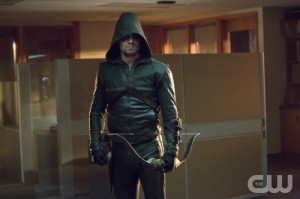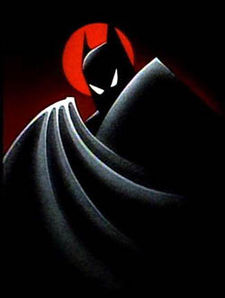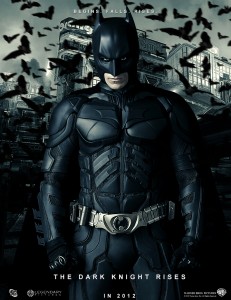Wonder Woman’s surprisingly enjoyable movie has me thinking about an RPG for supers that spans blocks of time.
Each PC has a character for each era, and for extra fun, you could rotate GM by era. You could possibly use something like the shifting stations in Night Witches to handle era shifts.
Everyone should agree on something like 3-5 eras. The simplest way to do it would be to start in the past and roll forward to the present, but I think there would be more fun in moving back and forth, so you can have a relationship established in the present, then go back to the 80s to work out *why* those two characters hate each other.
You could do the same character for each era, if your hero is long-lived/immortal, and show how the passage of time changes them. Or the mortal who ages out of the hero game and is eventually replaced by her sidekick. Or a chosen bearer of a power amulet in each era.
You could have stuff like:
WWI: Naive Wonder Woman leaves Themiscyra to come to Man’s World and experiences culture shock. A young Jenny Sparks/Spirit of the Century type runs away from school. An aged Sherlock Holmes leaves London after faking his death again. Perhaps a flying ace with a suped up plane.
WWII: Wonder Woman decides to stay out of WWII. Why? Is she horrified by what she saw in WWI? Or did she have a deep, meaningful relationship with a Weimar era lesbian that was destroyed by the Nazi rise to power, and she is either too heart-broken or consumed with more specific revenge. Also, her player is GMing this era. Captain America and Peggy Carter could show up here, too, along with the Howling Commandos, the Invaders (especially Namor – Imperius Rex!). You could drop in Magneto. This might be the first appearance of someone wearing the mantle of Dr. Fate or Green Lantern.
Swinging 60s: A de-powered Wonder Woman works for SHIELD as Agent Diana Prince, working for a middle-aged Peggy Carter with a young Nick Fury. Captain America is on ice while his player GMs. This might be a good time to pull in Howard Stark, Hank Pym and Janet Van Dyne, plus folks like John Steed, Emma Peel, James Bond and the man from UNCLE. Spies in a world of low-key superheroes.
Radical 80s: Wonder Woman has her powers back. Batman shows up on the streets of Gotham. Nick Fury is running SHIELD as Peggy retires. Superboy flies over Metropolis is a 3/4 sleeve leather jacket and big sunglasses. Natasha Romanov leaves the USSR for SHIELD. Vietnam vet Frank Castle’s family are murdered by the mob. Janet Van Dyne has a crisis of conscience in the face of MAD and takes her scientific knowledge away from defense contracts and directs it to building a super gynoid called the Vision to fight crime.
The Present: Cap’s off-ice. Wonder Woman is a political figure, on the outs with the US government. Bruce Wayne has retired and mentors Dick Grayson in the cape and cowl. Tony Stark finds his old Dad’s secret files. Up in the sky, it’s a bird, it’s a plane, it’s…
I’d want to run this in something relatively rules-light like an Apocalypse World variant or something FATE-like. That way you don’t have to address power-creep or worry about balancing Peggy Carter with Captain Marvel (any of them). The aspects of the characters shift through the eras (look at the different versions of Atomic Robo in his FATE-based RPG) and you put a strong emphasis on relationships.
You’d need a set of unresolved time cards or something similar for questions raised – stuff like “Why does Diana hate Bruce in 1985?” so you can grab that back in 1963 and provide an answer. Some way to track the events implied by one timeline so you remember to follow up on them in another.
